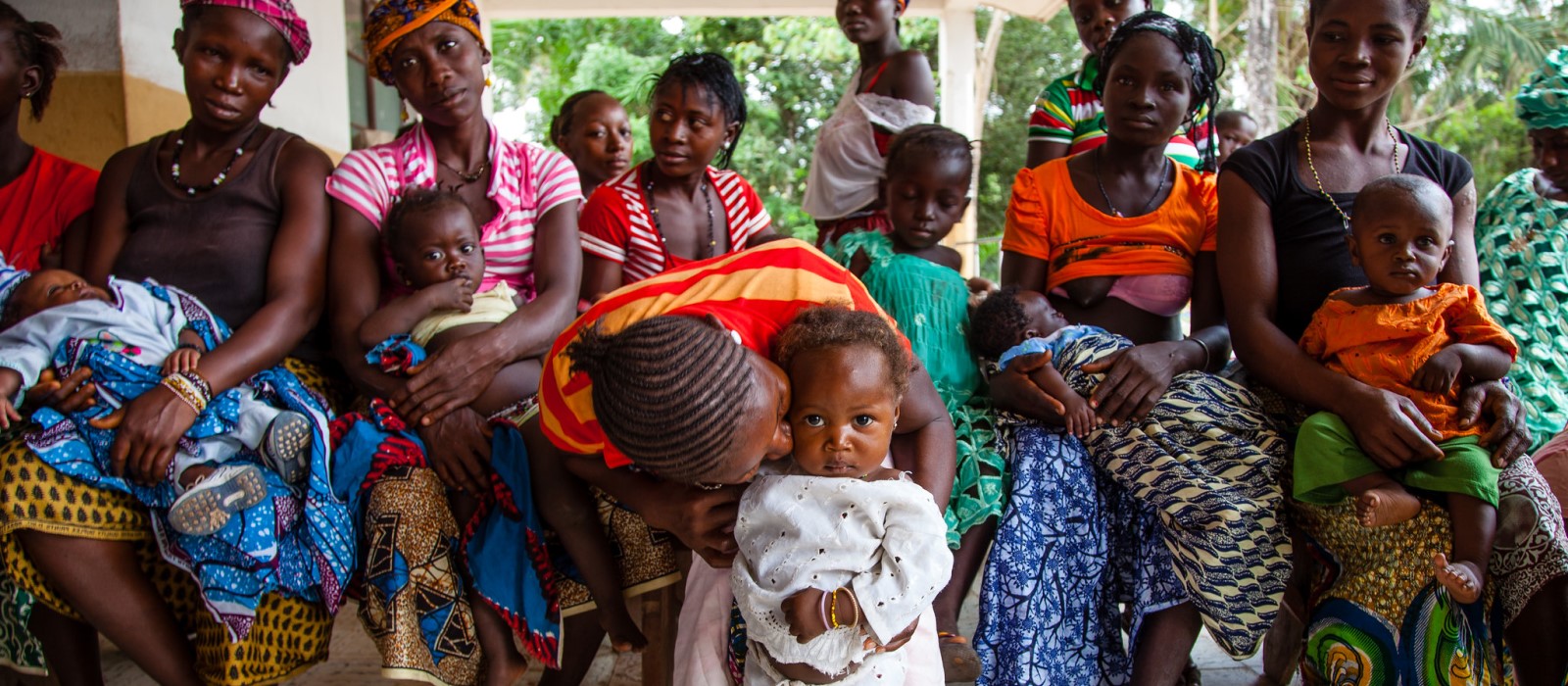Improving Antenatal Care and Safe Delivery In Sierra Leone

Sierra Leone | Direct Relief via Flickr
CEGA researchers test behavior-change strategies to improve maternal-child health, in collaboration with government.
CEGA graduate student, Anne Karing (now at Princeton), tested behavior-change strategies to improve maternal-child health in Sierra Leone, in collaboration with the Ministry of Health and Sanitation.
Reducing maternal and child mortality is a public health priority in many sub-Saharan African countries, but finding cost-effective ways to improve service delivery has been a challenge. One barrier to improving maternal and newborn health is that many women do not seek timely prenatal care, and many do not deliver their babies with a skilled attendant.
This study, launched with funding from CEGA, explores whether social signaling or small incentives motivate mothers to seek care for themselves and their children, and catalyze more care-seeking behavior. To test these questions, different colored bracelets are given to pregnant women for each antenatal visit and delivery with a skilled attendant at 120 public clinics throughout Sierra Leone. Unlike other types of incentives, such as food or cash transfers, the bracelets make observable the decision to seek out formal health services during pregnancy, and they allow pregnant women to signal to others that they look after their own and their child’s health.
Understanding the impact and cost-effectiveness are important for policy planning. This project has strong potential for scale-up through existing government institutions, as the bracelets are less expensive to produce and distribute than other incentives. Senior staff at the Ministry of Health and Sanitation in Sierra Leone have expressed intention to expand the program if results shown a significant improvement in timely prenatal care and delivery practices.

